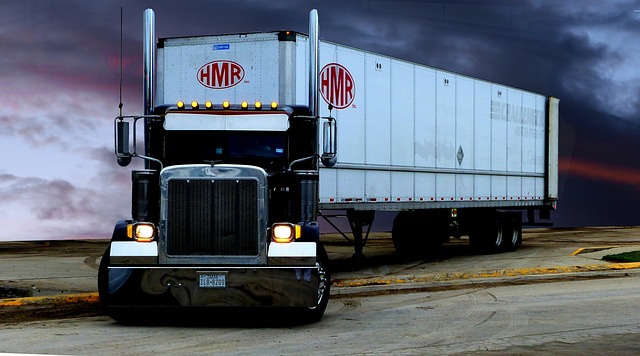As eco-friendly alternatives to diesel and petrol HGVs become more viable, electric vehicles are fast becoming the norm for transportation businesses across the world. With governments committing to cutting air pollution and offering support for clean energy initiatives, this is an exciting time for players in the logistics industry. As well as providing reduced emissions and fuel costs, electric HGVs offer a host of other benefits that can improve operational efficiency, reduce overheads and give companies a competitive edge when it comes to winning new contracts. In this blog post, we’ll explore how electric HGVs are revolutionising the logistics sector and why they are here to stay. If you’re interested in becoming an electric HGV driver, make sure you pass the HGV theory test first.
Introducing electric HGVs and their impact on the logistics industry
The logistics industry is embracing a new age of technology as electric HGVs are being introduced to the market. These vehicles are beneficial both in terms of cost saving and in reducing their environmental impact. Not only do electric HGVs offer significant savings on fuel costs, but they also drastically reduce emissions, helping to reduce air pollution in cities and along highways. On account of these advantages, the logistics industry has welcomed the introduction of these electric HGVs with enthusiasm, as they allow for greener transport with more flexibility and fewer restrictions from regulators. With a massive influx of investment into the industry, there is now boundless potential for creating efficient delivery networks throughout the world. It’s an exciting moment for logistics and electric HGVs could be at the forefront of this new era.
Exploring how electric HGVs are reducing emissions and creating a cleaner future
As countries around the world strive to become carbon neutral and reduce their impact on the environment, many are looking for innovative solutions to modern transportation and logistics. An increasingly popular choice is electric heavy goods vehicles (HGVs) in shipping and courier services. Not only do electric HGVs have a lower emissions output than diesel-fueled trucks, they also offer key advantages such as increased efficiency, affordability of maintenance, and quieter operations. All of these features make electric HGVs desirable options for companies looking to reduce their emissions while maximising their return on investment. With further development of clean technology and supportive government policies to encourage more widespread adoption, electric HGVs will go a long way toward creating a cleaner future.
Examining the cost savings of using electric HGVs over diesel vehicles
Examining the cost savings from using electric HGVs over diesel vehicles is an increasingly important point to consider for businesses today. The initial outlay cost to exchange a whole fleet of diesel HGVs for electric ones may be high, but the ongoing reduction in fuel costs and expenditure on maintenance offers an attractive return on investment in the long run. Studies show that electric vehicles provide significant reductions in fuel costs and are quieter, more reliable, and more efficient compared to their diesel counterparts. Additionally, drivers report greater comfort and a better viewing experience while driving them. As such, investing in a fleet of electric HGVs could not only reduce overall operating costs but also bring numerous benefits that make it worth considering this option over sticking with diesel vehicles.
Looking at the potential for further improvements to the logistics industry with electric HGVs
The logistics industry is changing and the introduction of electric HGVs could be an important driving force for further improvement. With many countries aiming to reduce fossil fuel usage, electric HGVs could enable an increase in efficiency with lower running costs and suitable infrastructure in place. Electric HGVs could also offer reduced levels of noise and pollution when compared to their diesel counterparts, making them a more attractive option for cities or areas where air quality is already a concern. Finally, with other technological advancements already present within the industry, electric HGVs may be the final piece necessary to take logistics to the next level.
In conclusion, the advent of electric HGVs has the potential to revolutionise the logistics industry. The reduced emissions, improved safety, and cost savings make a compelling argument for truckers and fleet operators to invest in these vehicles. As we continue to explore and improve on the technology behind electric HGVs, there is potential for increasingly greater environmental and financial savings over time – further solidifying their position as an important solution for a more sustainable future. Moreover, advanced technologies that are compatible with modern electric HGVs are allowing big data to enter into the equation – creating new opportunities for smart logistics that reduce fuel usage even further. Electric HGVs have already come a long way since first being introduced and it looks like they will continue to be an ever-present force in ensuring clean transportation in the years ahead.
